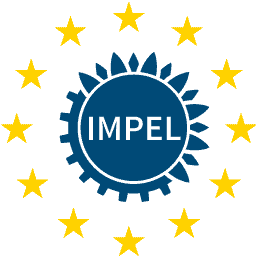Chemycal has been acquired by 3E
Learn MoreChemycal has been acquired by 3E
Learn MoreDiscover how Chemycal PRO helps you boosting your regulatory monitoring:

EASAC – the European Academies’ Science Advisory Council – is formed by the national science academies of the EU Member States to enable them to collaborate with each other in giving advice to European policy-makers.
Plastics are an essential material for products in almost all sectors of the economy, and the single word ‘plastics’ cannot convey their vast complexity as a result of the range of monomers available, the ability to control their molecular structure and the wide range of additives and fillers which together make thousands of different ‘plastics’. In terms of plastics for packaging, they can offer an almost infinite range of options for manufacturers in terms of function (durability, preserving hygiene and quality, etc.) as well in designing shape, colours or labels to convey marketing messages. However, the durability and resistance to degradation of plastics means that if they ‘leak’ into the environment, they persist. Quantities in the environment have been increasing rapidly and their impacts, especially on the marine environment, have attracted public and political attention. Currently, the amount of plastics entering the environment exceeds the amount that is recycled, with large quantities entering via rivers from the Asian and African continents.
Reducing leakage to the environment and improving recycling rates for packaging plastics are objectives of the European Commission’s circular economy package, its plastics strategy and specific measures on the use of ‘single-use plastics’ (SUPs). To assist in the development of these policies, EASAC decided to look at scientific aspects of plastics packaging and the circular economy. This report is the result of an 18-month investigation and has been endorsed by all of EASAC’s member academies. They review the negative consequences of the current linear economy for plastic packaging, the scope for improvement towards a more circular pattern of production and use, and options for increasing recycling rates and reducing leakage into the environment. The scientific issues examined relate to the environmental impact of plastics in the environment, extended producer responsibility, technical issues in recycling, consumer behaviour, the role of bio-based and degradable plastics, and targets for research and innovation.
CONTINUE READING ON www.impel.eu
2013 © MyChemicalMonitoring. ALL Rights Reserved. About Us | Terms and Conditions